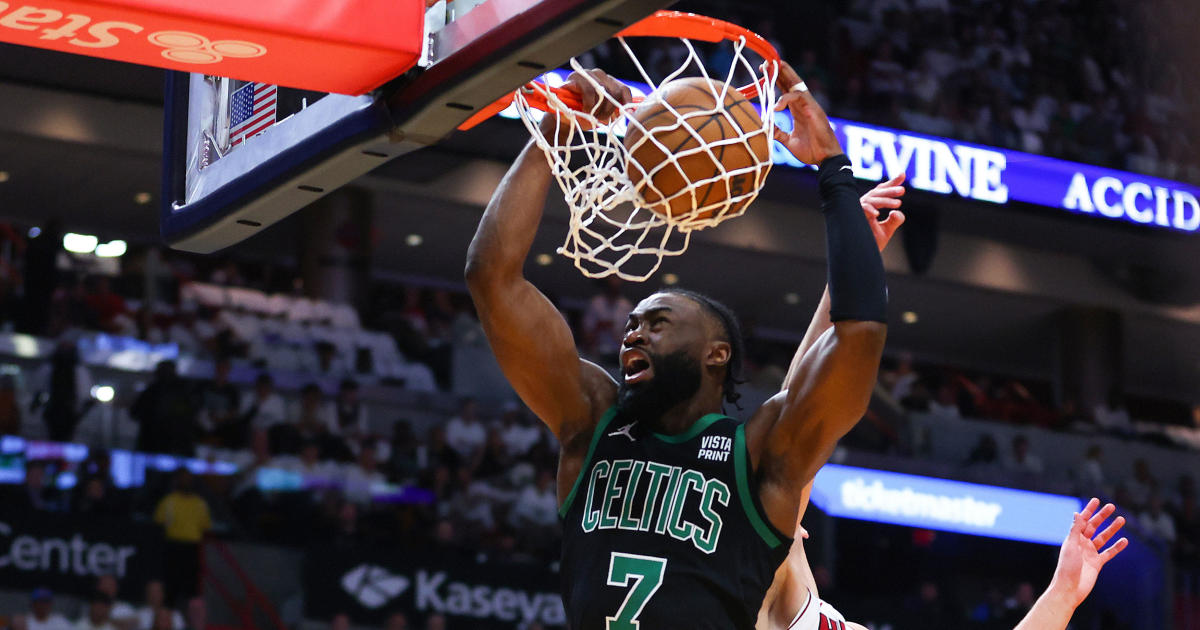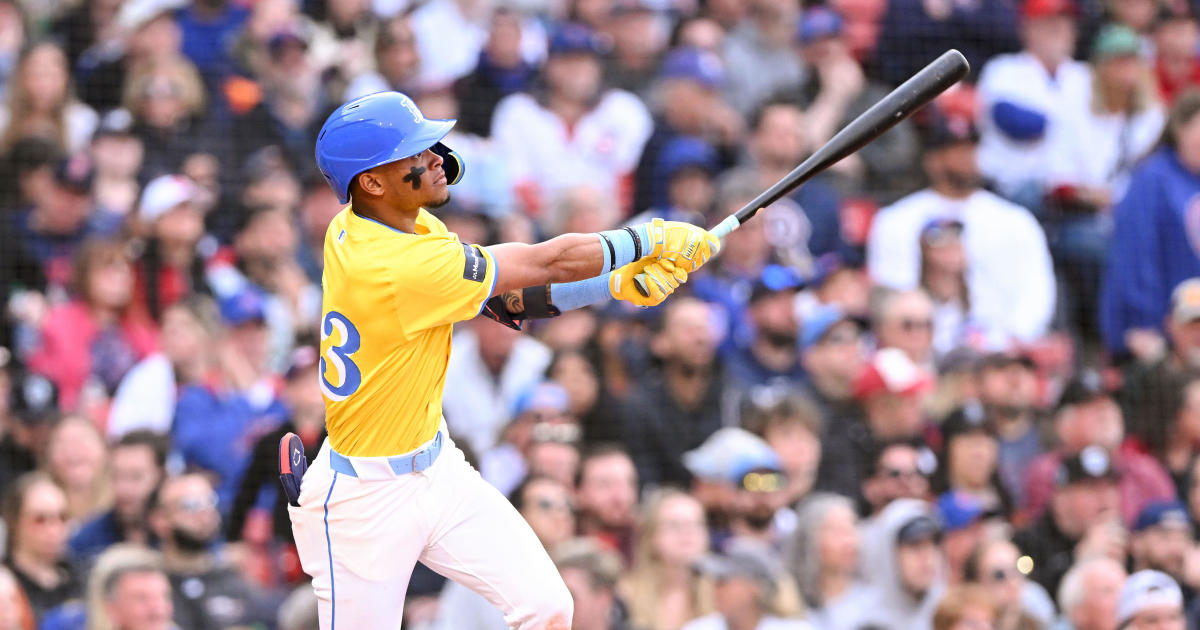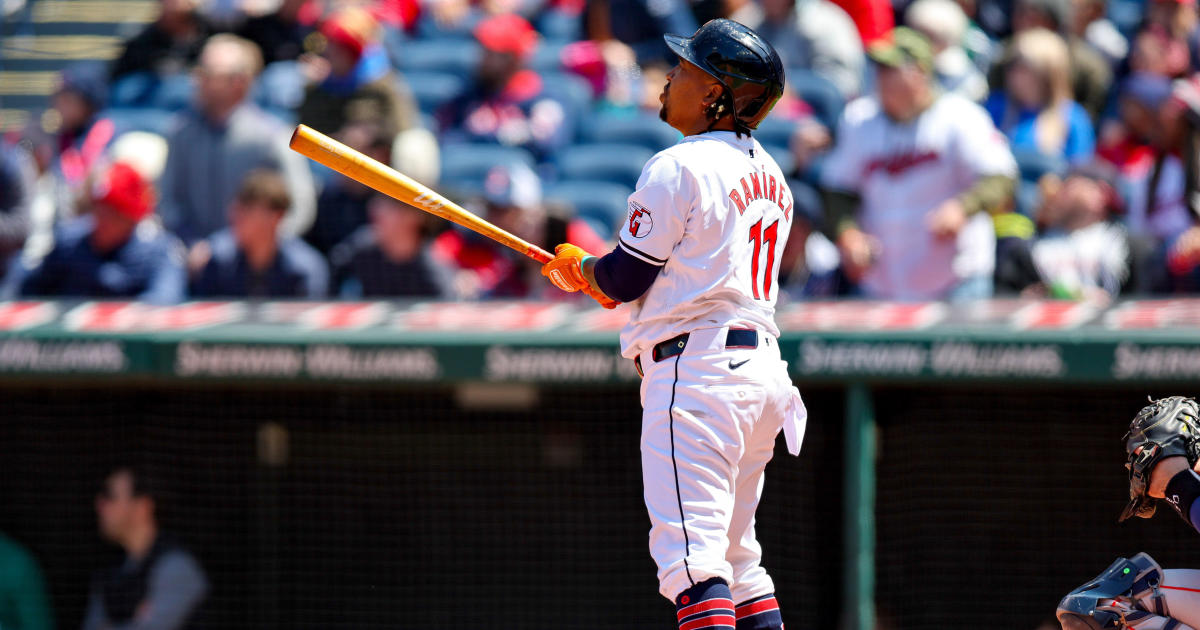Paul Pierce Discusses His Bout With Depression After 2000 Stabbing
BOSTON (CBS) -- Paul Pierce is opening up about his battle with depression early in his career.
Chatting with ESPN's Jackie MacMullan for an article about athletes battling depression and mental health issues, Pierce admits he struggled with depression himself during the 2000-01 season. His battle commenced shortly after Pierce was stabbed 11 times outside of a Boston bar on September 25, 2000. Incredibly, he not only survived the incident, but went on to have a great season for the Celtics, averaging 25.3 points per game.
While he looked like his usual calm and collected self on the court, Pierce was anything but off of it.
"I felt like I was trapped in a box. I couldn't go nowhere," Pierce told ESPN. "I battled depression for a year. The only thing that saved me was basketball."
His anxiety and paranoia just got worse as the months went on. One night while he was out to dinner, the restaurant staff alerted Pierce that he had a phone call from a friend who insisted on talking to him. When Pierce answered, a menacing voice on the other end told him, "I'm going to kill you." That just added to his stress.
"So now I'm really paranoid," Pierce recalled. "I don't want to go anywhere. The police sat in the front of my house for months. I was a mess.
"I think that's the reason I got back on the court so fast," he said. "Me sitting at home thinking about [the stabbing] didn't work. I went to every practice, sat on the sideline for hours, because that's where I felt safe. I didn't want those practices to end because then I had to go back out there in this world that really scared me."
While he was on the floor for all 82 games the season after he was stabbed, Pierce said he struggled around big crowds following the incident.
"If I got in a crowded place, I'd start shaking inside. It took me years to get over that," he explained. "If I was walking and someone bumped into me or rubbed against me, I'd freak out."
He had a panic attack ahead of the next season's opener when the Celtics ran a promotion that stationed players at arena entrances to greet fans.
"I told the Celtics, 'I can't do this,"' Pierce says. "[The second year] I thought I was better, but I lasted about two minutes, and then that panicky feeling started up again. I was sure something bad was going to happen to me."
The Celtics urged Pierce to seek counseling, but Pierce did not. He believed he could handle the struggles on his own, and "didn't want anybody else in my business." He wishes he had listened to the team and met with a mental health expert at the time, and urges anyone battling depression dealing with post-traumatic stress to seek help.
"I should have opened up earlier than I did," Pierce admits. "It was eating me alive. Once I finally started talking to a family member, it helped me. ... I realized, 'I should have done this sooner.' I would tell everyone to get the help they need. My depression was bad -- really bad. I never want to feel that way again."



